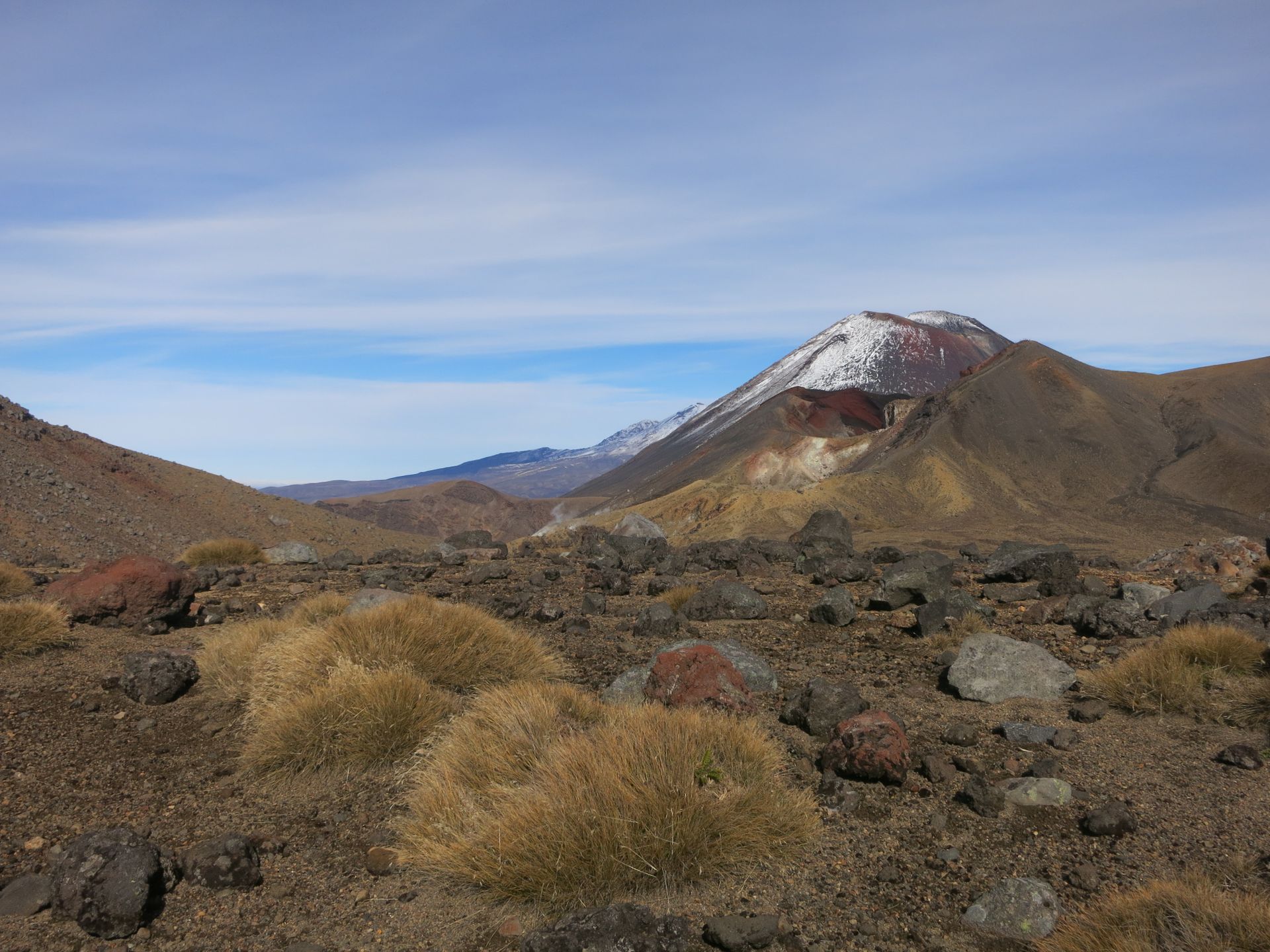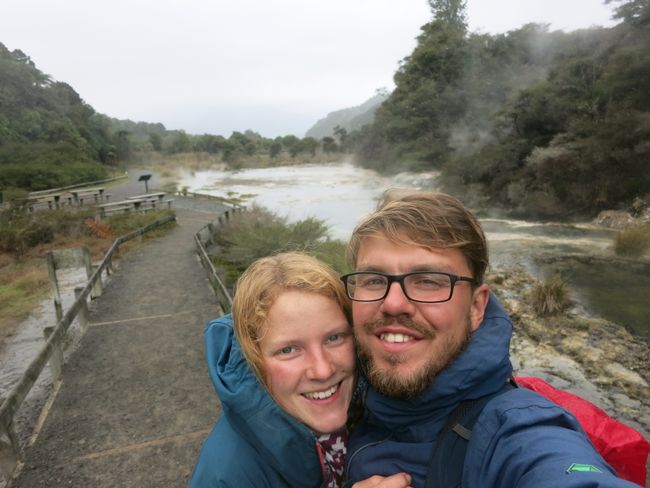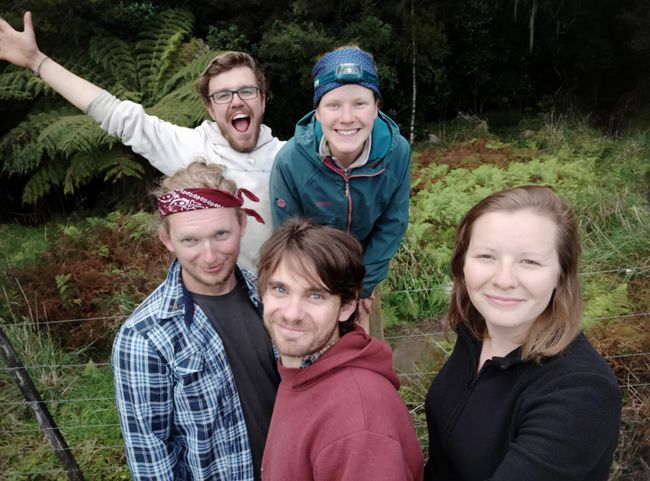The Kiwi Farm
Објавено: 07.10.2019
Претплатете се на билтенот
At the same time as Thomas' departure, our first half year also came to an end. It's strange to realize that we are so far behind with the blog...
We planned another longer working phase so that we can fully finance the subsequent journey, hopefully two to three months. We decided to do another week of Wwoofing. During this time, we looked for the next paid job and got an offer in the Far North. Specifically in Kerikeri, and maybe you still remember our first posts, because that's exactly where we spent the first week after the 'Horrible Hostel'.
We had a journey of almost 4 hours ahead of us. According to the short phone call, the job involves Kiwifruit Pruning, i.e. pruning the trees. There is also supposed to be an apartment where we can live during that time. It sounded perfect to us and we were curious about what to expect. After a brief 'hi', the boss D. showed us his second plantation, about 500 meters from the Kiwi farm, where a small house stood. Within a few minutes, facilities and rules were casually introduced, and without any further exchange of data, we moved in, D. disappeared, and we waited for the next message. Quite weird. In this accommodation, we were allowed to live as backpackers (a total of five), paying only for the electricity.
There are definitely some interesting events from this ATTENTION 11-week stay. After all, that's almost three months and we were even a bit shocked to have stayed in this place for so long, even if it now sounds worse than it was. In summary, we had a roof over our heads without paying rent, a warm shower, a kitchen, a refrigerator, and a washing machine. We also bridged the rainy winter season. In other parts of the country, we could have spent days in the car in frosty nights and muddy surroundings.
About the work
As they say, 'sometimes pictures speak louder than 1000 words':
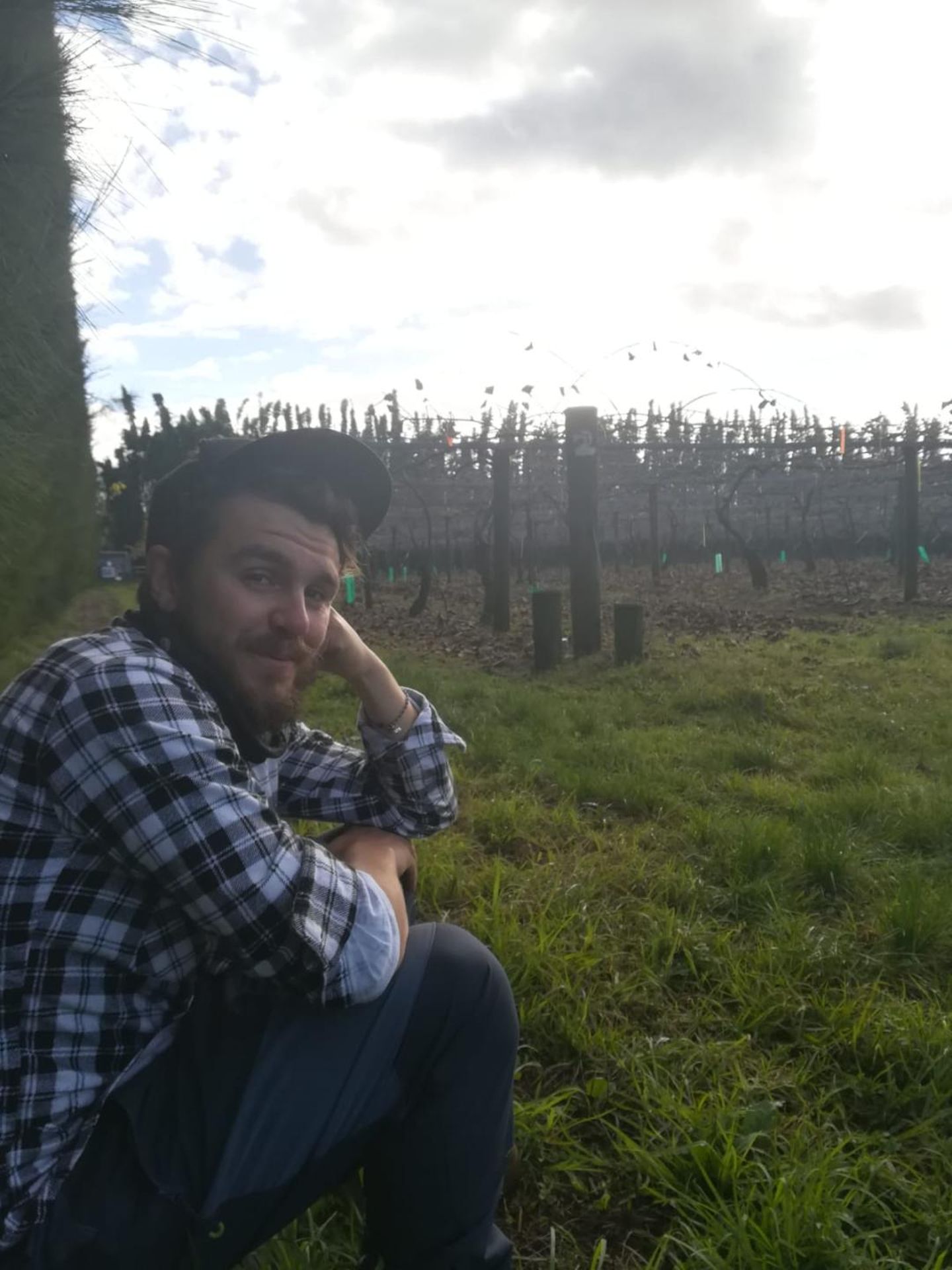
The work consisted of a few but very dull and repetitive tasks. In the first few weeks, we learned and performed 'pruning'. Our task was to sort out and prune the Kiwi plants from the just past season. In the next step, the remaining individual branches were sorted and attached at the specified distance. The work was done exclusively overhead, eight hours a day, field by field, row by row, block by block, with no end in sight.
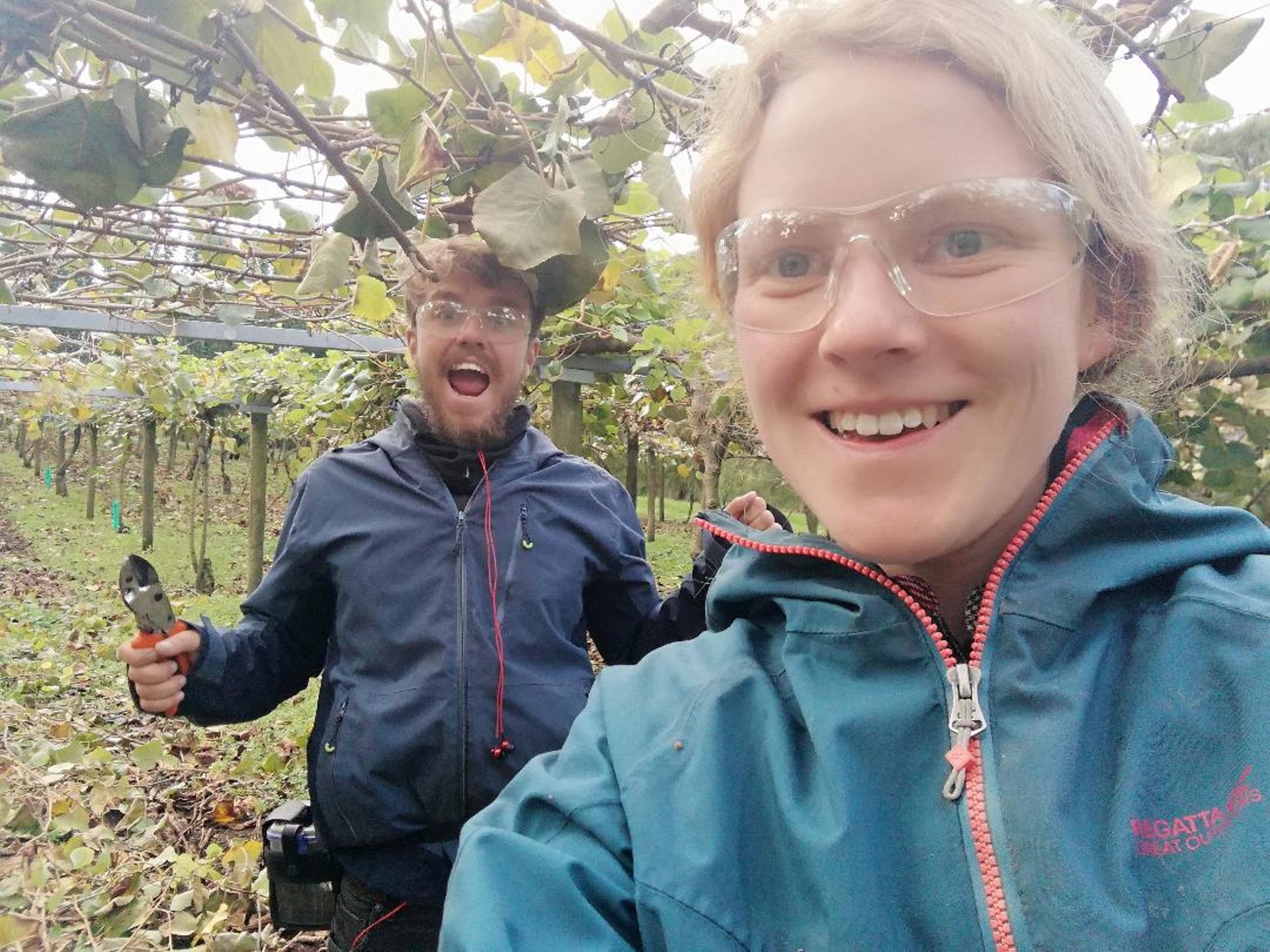
This work was not possible during rain, as fresh cuts or broken branches could promote fungal growth.
During heavy rain, the work was completely stopped. If the conditions were still acceptable, we prepared the growth of young plants in another area. For this, we tied and stretched strings to airy heights. You can imagine it, field by field, row by row, block by block.

Due to a lot of rainfall and no option for overtime, working weeks with just over 30 hours were not uncommon. This, of course, also means less pay. Caro and I diligently calculated with decreasing motivation. We wanted to leave this place earlier, but the weather in other parts of the country was even worse. We decided to endure a few more weeks to be able to travel without worries for two and a half months with enough capital. We also planned and booked a vacation on a South Pacific island, which was supposed to be the icing on the cake of our journey shortly before our return home.
About the team
Some of you have already received vivid reports about our team during our stay. We would like to emphasize at this point that some are interesting or even shocking. The team was simply special o.0!
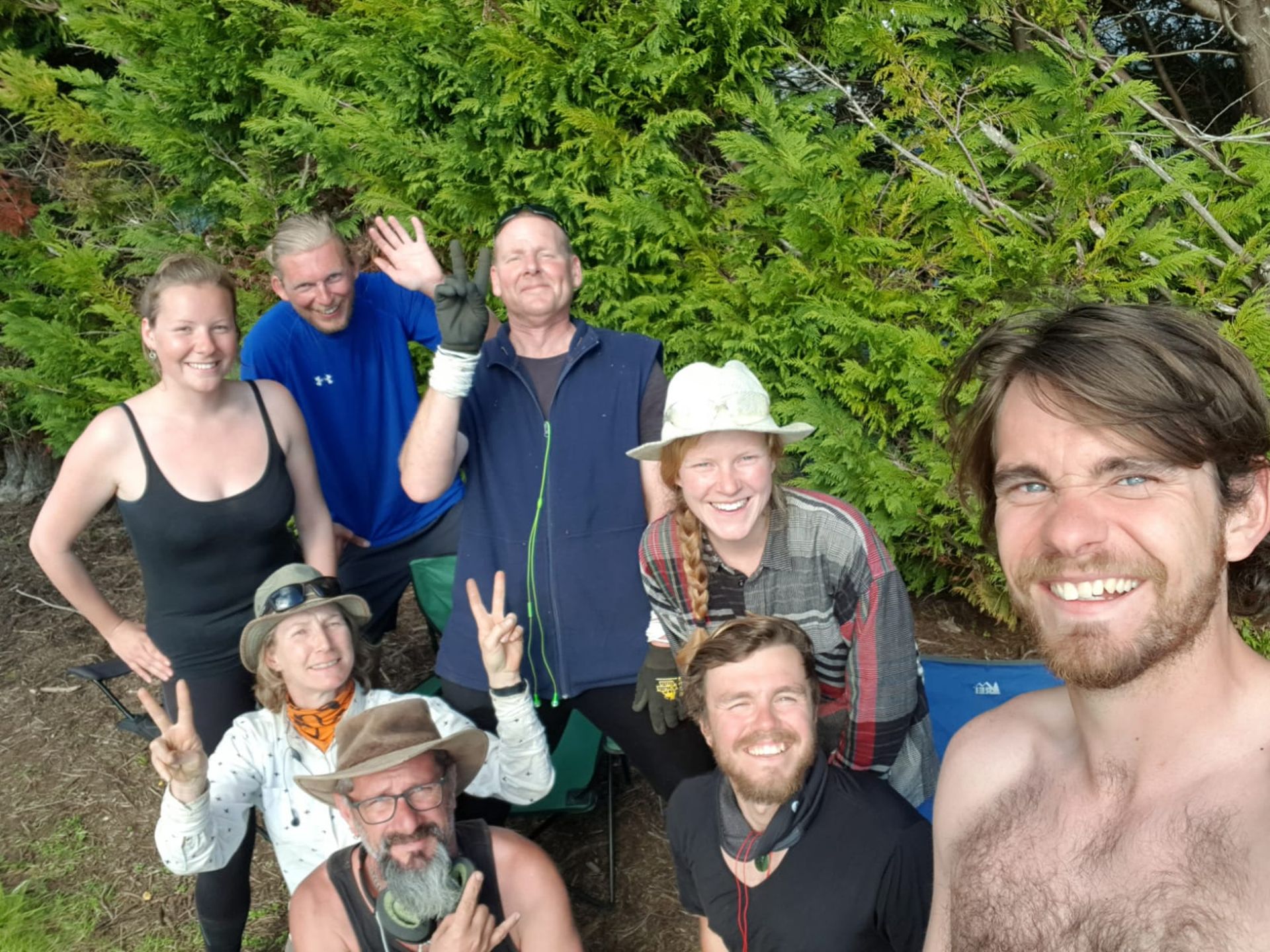
However, these stories arise from the context, and writing them down would surely exceed the scope. We are happy to verbally report on the chaos gang while enjoying food and drink!
Претплатете се на билтенот
Одговори

Извештаи за патување Нов Зеланд
